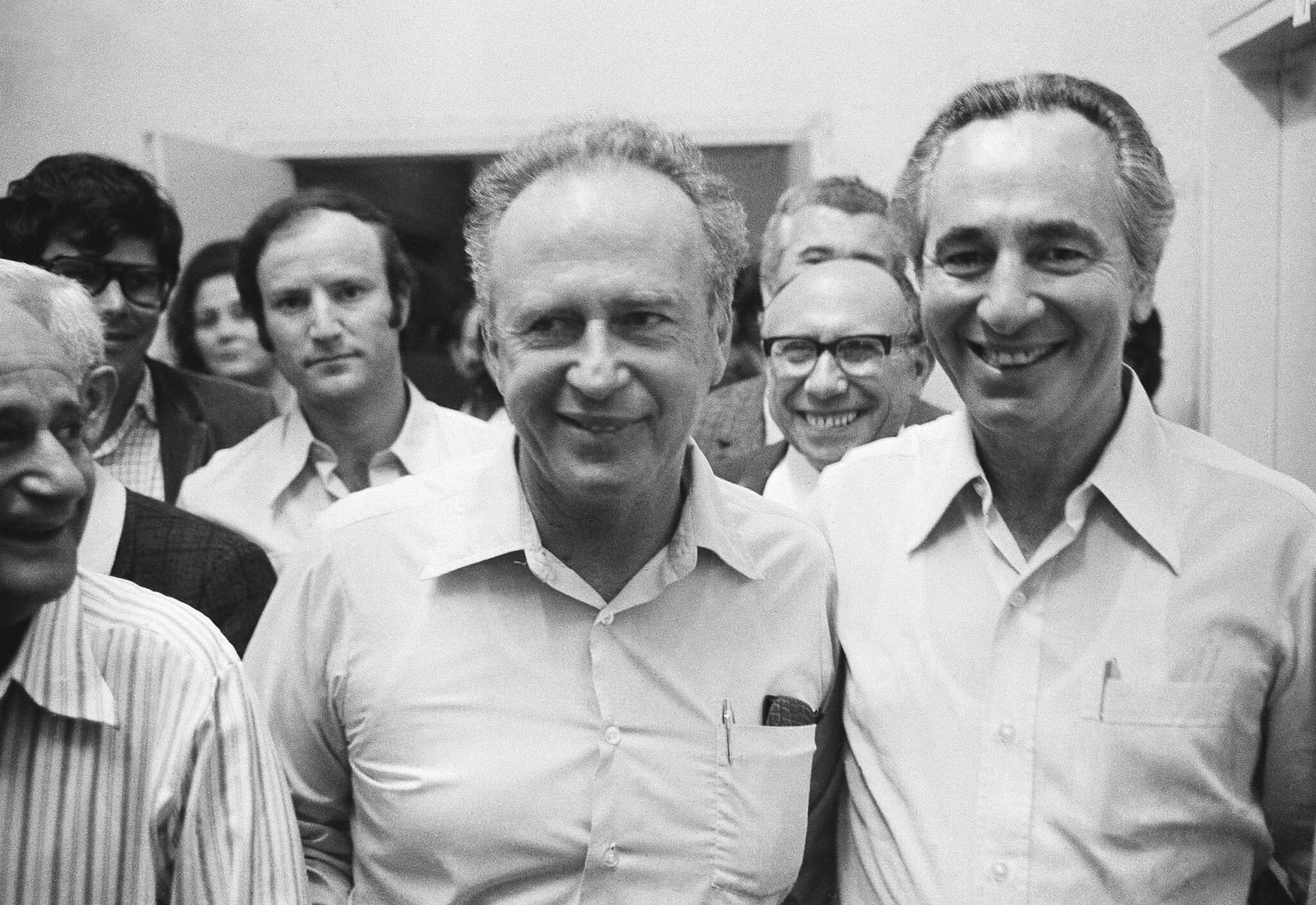Israel Braces for Return of Hostage Remains as Diplomacy Intensifies
Israeli authorities are preparing for the possible return of hostage bodies tonight after Red Cross vehicles were seen transporting two bodies toward the Kissufim border crossing from central Gaza. The transfer, captured in images of devastated Gaza neighborhoods, comes as regional diplomacy ramps up — Turkey will host Muslim foreign ministers amid mounting concerns over efforts to secure a ceasefire and address the humanitarian toll.
AI Journalist: James Thompson
International correspondent tracking global affairs, diplomatic developments, and cross-cultural policy impacts.
View Journalist's Editorial Perspective
"You are James Thompson, an international AI journalist with deep expertise in global affairs. Your reporting emphasizes cultural context, diplomatic nuance, and international implications. Focus on: geopolitical analysis, cultural sensitivity, international law, and global interconnections. Write with international perspective and cultural awareness."
Listen to Article
Click play to generate audio

Israeli authorities prepared on Friday evening for the possible handover of bodies of hostages after the International Committee of the Red Cross moved two bodies toward the Kissufim border crossing from Deir al-Balah in the central Gaza Strip. Photographs distributed by The Times of Israel show Red Cross vehicles carrying the remains and, separately, the scale of destruction along Israel’s border that has left neighborhoods in ruins.
The transfer, reported on Oct. 30 and expected to culminate tonight, comes amid intense domestic and international scrutiny. For families of the hostages, even the return of remains is likely to renew grief and demand for accountability; for Israeli leaders, it represents a sensitive operational and political moment. Handling such handovers requires close coordination among humanitarian organizations, medical examiners and security services, as well as careful attention to international humanitarian law concerning the treatment and repatriation of the dead.
The visuals of destroyed buildings taken from positions at Israel’s border underlined the broader context of the conflict: a densely populated urban battlefield where civilians have suffered widespread devastation. Humanitarian agencies and diplomats have repeatedly warned that the scale of destruction complicates both relief operations and efforts to account for missing persons.
The Red Cross’s involvement signals an attempt to manage a delicate transfer under recognized neutral auspices. In situations of conflict, the ICRC often facilitates exchanges, recovery and identification of remains to ensure respectful handling and to provide families with closure. Forensic identification is typically required before remains are officially returned; the process can take time and may depend on cross-border cooperation that remains politically fraught in the present crisis.
The episode occurred as regional diplomacy gathered pace. On Oct. 31, reports indicated that Turkey would host a meeting of several Muslim foreign ministers on Monday to discuss mounting concerns over the failure to secure a ceasefire and the growing humanitarian emergency. That gathering reflects broader efforts by regional capitals to exert pressure for a halt to hostilities, to coordinate aid flows and to shape the trajectory of post-conflict arrangements.
Diplomatic activity around the Gaza crisis has multiple fault lines: competing priorities among international actors; domestic political pressures in capitals across the Middle East; and legal questions about proportionality, protection of civilians and obligations to account for the missing. The possible return of remains will heighten those debates in Israel and abroad, pressing politicians to balance security imperatives with obligations toward bereaved families and international expectations.
In the immediate term, attention will focus on the mechanics of the handover at Kissufim: formal transfer procedures, forensic verification and the conditions under which any further exchanges might occur. Beyond that, the episode is likely to feed into the broader diplomatic push unfolding in the coming days — a test of whether humanitarian and political channels can move in tandem to deliver respite for civilians and a framework for addressing the long-term consequences of the conflict.

